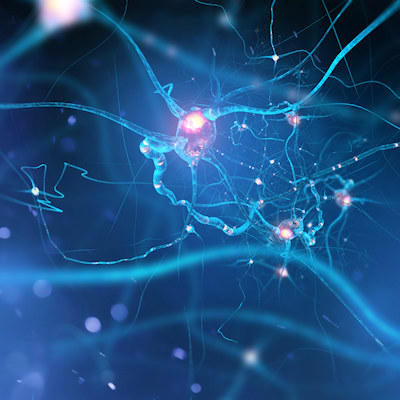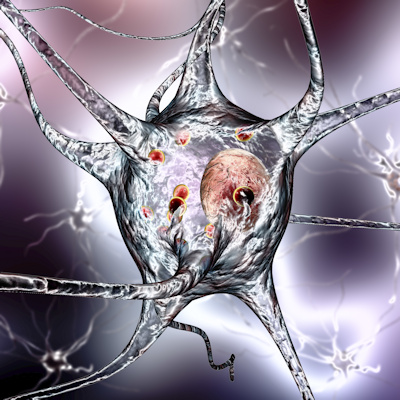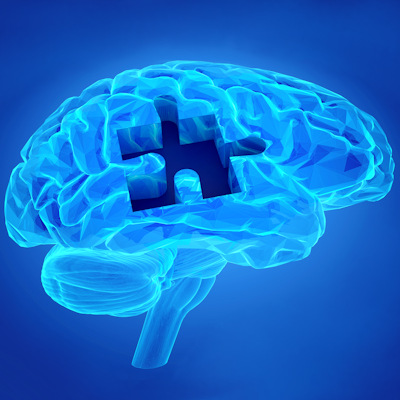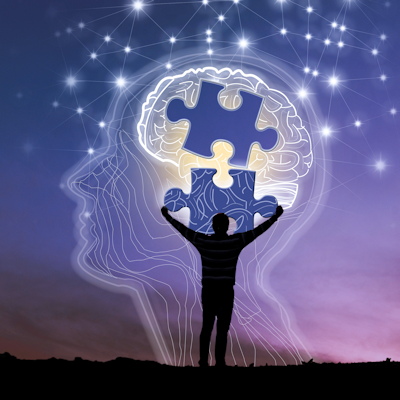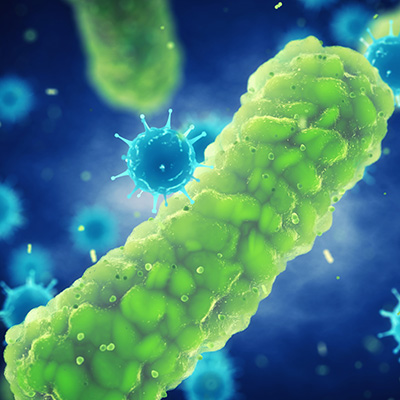March 13, 2023 -- A study indicates that inflammatory proteins involved in the innate immune system cause neuron damage and play a role in neurodegenerative diseases.
The findings, published Monday in Neuron, show that inactivating a protein linked with inflammation in the brain prevents cellular damage in human neurons and delays amyotrophic lateral sclerosis (ALS) progression in mice.
While available drugs may slow the progression of neurodegenerative disease, there is still no cure. Researchers continue to seek new pathways for slowing neuronal dysfunction and treating ALS, a progressive and fatal neurodegenerative disease characterized by muscle twitching and weakness, and eventually progressing to muscle atrophy and paralysis.
"The unmet need for therapies for neurodegenerative diseases is huge, and our work opens up a whole new pathology that we could address," Dr. Judy Lieberman, PhD, a researcher at Boston Children's Hospital and co-principal investigator, said in a statement.
Lieberman and her colleagues found that proteins involved in the immune system could be at the root of ALS.
When cells recognize danger, such as an infection, immune cells are activated and recruited to the injury site to orchestrate damaged tissue removal and repair. The immune response sometimes involves a family of proteins called gasdermins, which trigger cells to die through a highly inflammatory process called pyroptosis. One type of gasdermin, gasdermin E, is expressed in the brain most highly in nerve cells, but its specific role has previously been unclear.
The research team investigated how gasdermin E affects neurons. They developed models of neurons from mice as well as from human samples and observed gasdermin E's effect on axons, the long neuron parts that transmit electrical signals. They found that when neurons detect a hazard, gasdermin E activates and drives damage to the mitochondria, as well as to the axons, causing them to degenerate and retract. Axon degeneration is also found within the neurons in the muscles of ALS patients.
To better understand the relationship between gasdermin E and neurodegeneration, the team obtained stem cell samples from ALS patients and transformed them into neurons. They found that gasdermin E was present at high levels in these neurons. However, by silencing the gasdermin E, they could protect axons and mitochondria from damage.
The team hypothesized that the effects they saw in cells could translate to improvements in neurodegeneration-related symptoms. When they silenced gasdermin E in mice with ALS, they found that it delayed the progression of symptoms and led to protected motor neurons, longer axons, and less overall inflammation.
These findings indicate that gasdermin E drives changes to neurons that may contribute to disease progression. While it is unclear whether gasdermin E can be targeted with drugs, the researchers say their work opens an avenue for thinking about neuronal health -- an important first step toward developing new approaches for ALS treatment.
Copyright © 2023 scienceboard.net




